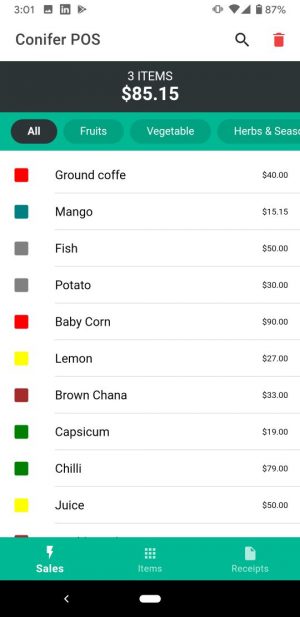Introduction
Google has recently announced the preview of AlloyDB Omni, a cloud-native, distributed SQL database that is fully managed and runs on Kubernetes. This innovative database allows users to run PostgreSQL-compatible workloads anywhere, making it a valuable tool for developers and businesses alike. In this article, we’ll dive into the features and benefits of AlloyDB Omni and how it differs from traditional PostgreSQL databases.
What is AlloyDB Omni?
AlloyDB Omni is a new cloud-native, distributed SQL database that is fully managed by Google. It is built on top of Kubernetes, an open-source platform for automating deployment, scaling, and management of containerized applications. This allows users to run PostgreSQL-compatible workloads on any Kubernetes cluster, whether it’s on-premises or in the cloud.
Key Features
Some of the key features of AlloyDB Omni include:
Compatibility
AlloyDB Omni is fully compatible with PostgreSQL, which means that developers can use familiar tools and techniques to manage and query the database.
Scalability
AlloyDB Omni is designed to scale horizontally, which means that users can easily add or remove nodes to handle changes in workload or traffic.
High Availability
AlloyDB Omni is built to be highly available, with features such as automatic failover and replication built-in.
Fully Managed
AlloyDB Omni is a fully managed database, which means that Google takes care of all the maintenance, backups, and upgrades, freeing up developers to focus on their applications.
Security
AlloyDB Omni is built with security in mind, with features such as encryption at rest and in transit, and integration with Google Cloud Identity and Access Management (IAM).
How Does AlloyDB Omni Compare to Traditional PostgreSQL Databases?
AlloyDB Omni offers several advantages over traditional PostgreSQL databases, including:
Cloud-Native
AlloyDB Omni is built for the cloud, which means that it takes advantage of cloud-native features such as automatic scaling and high availability.
Fully Managed
AlloyDB Omni is fully managed by Google, which means that users don’t need to worry about maintenance, backups, or upgrades.
Distributed
AlloyDB Omni is a distributed database, which means that it can handle large workloads and scale horizontally.
Use Cases for AlloyDB Omni
AlloyDB Omni is a valuable tool for developers and businesses that need to run PostgreSQL-compatible workloads anywhere. Some common use cases include:
Hybrid Cloud Deployments
AlloyDB Omni can be used to run PostgreSQL workloads in hybrid cloud deployments, where some resources are located on-premises and some are in the cloud.
Multi-Cloud Deployments
AlloyDB Omni can be used to run PostgreSQL workloads in multi-cloud deployments, where resources are spread across multiple cloud providers.
Edge Deployments
AlloyDB Omni can be used to run PostgreSQL workloads at the edge, where low-latency and high-bandwidth are critical.
Conclusion
AlloyDB Omni is a powerful new tool for developers and businesses that need to run PostgreSQL-compatible workloads anywhere. Its cloud-native, distributed design, and fully managed nature make it a valuable addition to any organization’s technology stack. With AlloyDB Omni, users can focus on their applications and let Google take care of the database management.
FAQs
- Can AlloyDB Omni be used with other databases besides PostgreSQL? No, AlloyDB Omni is currently only compatible with PostgreSQL.
- Is AlloyDB Omni suitable for small workloads? Yes, AlloyDB Omni can scale down to handle small workloads as well as scale up to handle large workloads.
- What are the benefits of using AlloyDB Omni over other cloud-native databases? AlloyDB Omni offers the compatibility and familiarity of PostgreSQL, along with the scalability, high availability, and security features of a cloud-native database. This makes it a compelling choice for developers who are already familiar with PostgreSQL and want to take advantage of cloud-native features.
- Can AlloyDB Omni be used with any Kubernetes cluster? Yes, AlloyDB Omni is designed to work with any Kubernetes cluster, whether it’s on-premises or in the cloud.
- Is there a free trial of AlloyDB Omni available? Yes, Google is currently offering a free preview of AlloyDB Omni, which allows users to try it out and provide feedback before it becomes generally available.





